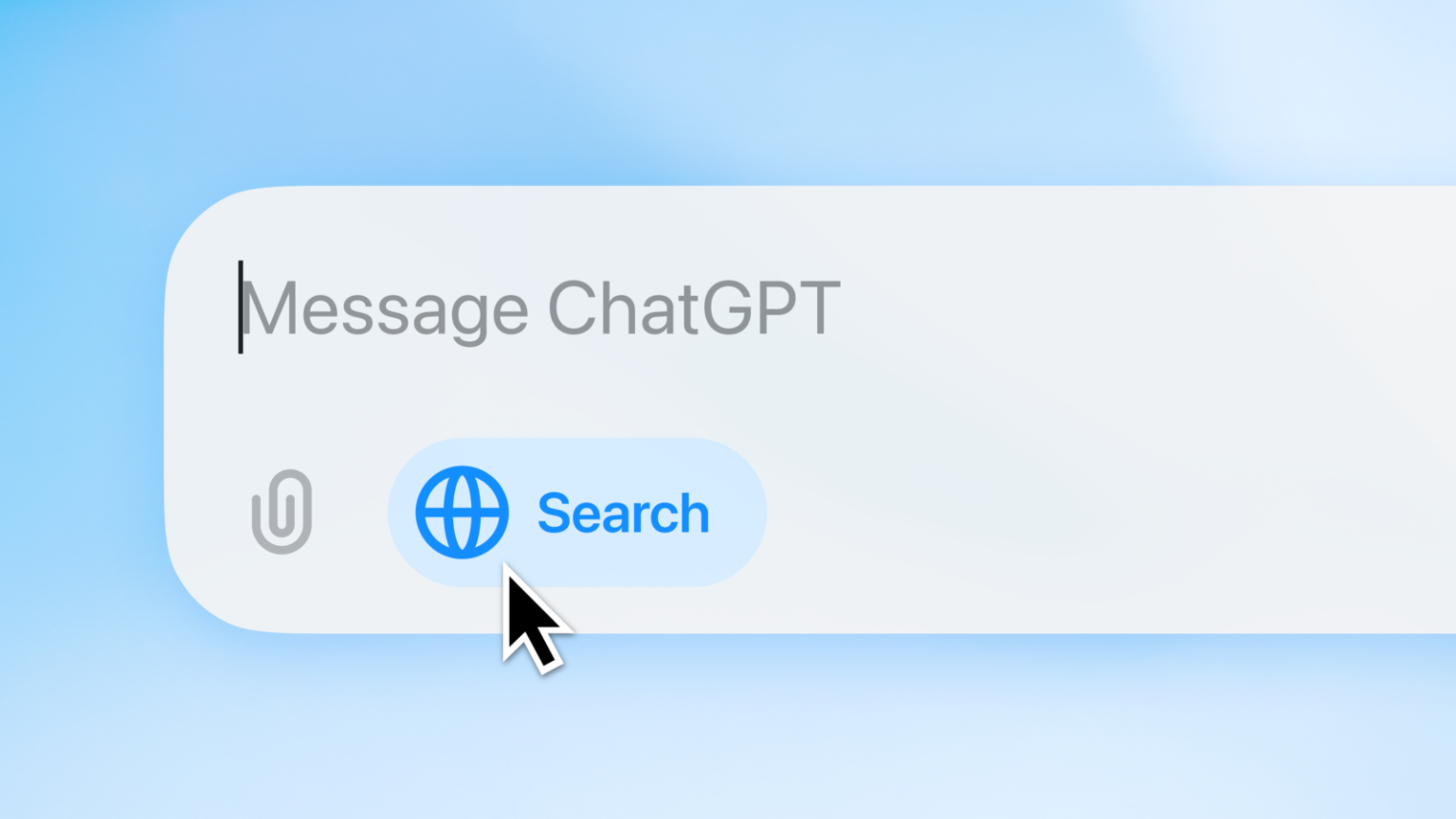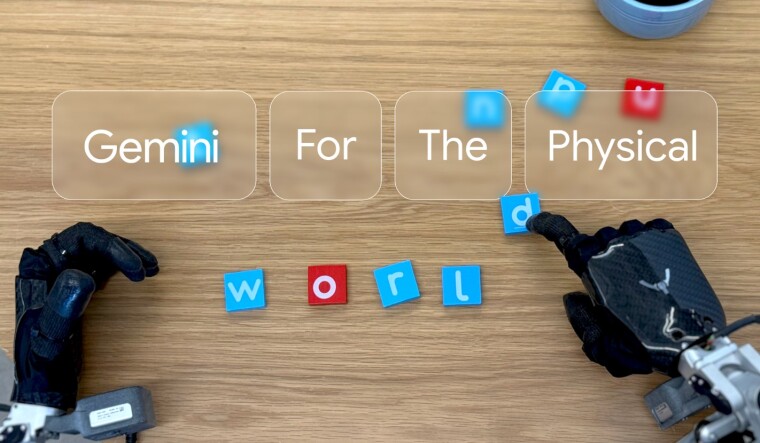OpenAI has announced that its ChatGPT search feature is now accessible to everyone, regardless of whether they have a ChatGPT account. This move significantly broadens the reach of ChatGPT’s search capabilities and positions it as a more direct competitor to established search engines like Google and Bing.
The ChatGPT search feature, initially launched for paid subscribers last October and later extended to all users in December, allows the AI model to access and process information from the web to provide more comprehensive and up-to-date responses. Previously, users needed an account to utilize this feature. Now, anyone can use ChatGPT for web searches without logging in.
OpenAI has also focused on improving the speed and user experience of the search functionality. Based on user feedback, the search process has been made faster. ChatGPT now intelligently determines whether to perform a web search or rely solely on its internal AI knowledge base to answer a query. While the AI typically handles this automatically, users can still manually trigger a web search using the designated icon.
A key aspect of ChatGPT search is its transparency. In addition to providing answers, ChatGPT presents a list of sources it consulted to formulate its response. This feature aims to give users insight into the origins of the information and assess its reliability. Recent updates have also enhanced the search functionality to include elements commonly found in traditional search engines, such as maps, images, and descriptions of points of interest.
This development comes as other AI-powered search engines are also exploring similar approaches. Perplexity, for example, recently introduced account-free web searching, along with integrated hotel information and ratings from TripAdvisor.
Recent reports indicate that ChatGPT has been steadily gaining ground in the search landscape, increasing its share of referral traffic to third-party sites, though it still trails Google in overall search traffic. OpenAI believes that making ChatGPT search freely available will further solidify its position as a powerful tool for online information retrieval and interaction. The move also raises interesting questions about the future of search and the evolving role of AI in how we access and process information online.





